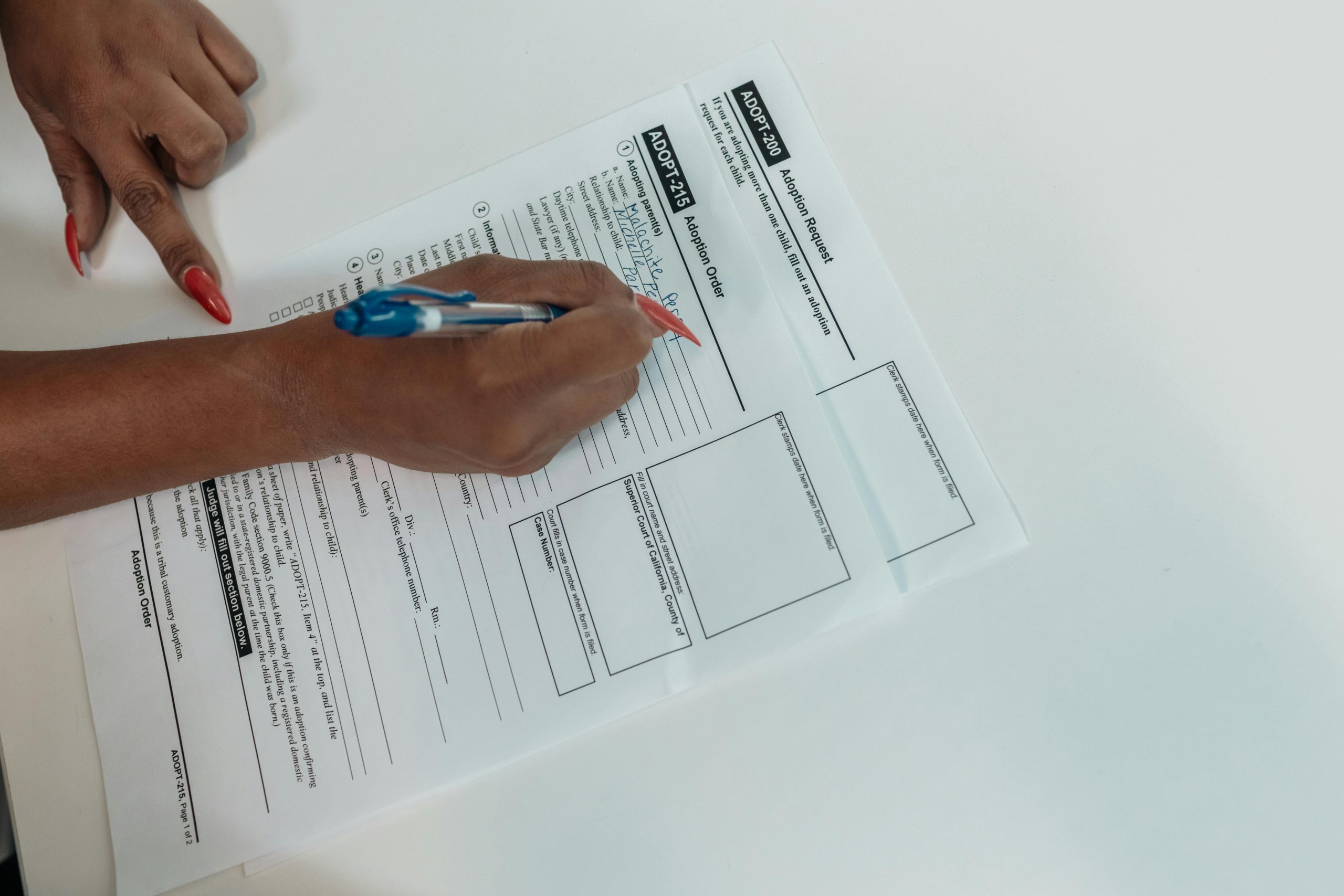How to Handle Insurance Disputes After a Tree Falls on Your Property: A Guide
Dealing with property damage caused by nature can be stressful, especially when insurance claims are denied. Recently, a homeowner experienced a tree falling onto their shed following a storm. An accredited arborist assessed the situation and confirmed that both wind and rain contributed to the tree’s fall. However, the homeowner’s insurance company contested this assessment, claiming the falling was due solely to rain and subsequently denying the claim. This scenario raises important questions about how insurance companies evaluate such claims and what steps homeowners can take to seek fair resolution.
Understanding Insurance Claim Disputes
It’s not uncommon for insurance providers to scrutinize claims when multiple factors might have played a role in an incident. In this case, the insurer’s refusal was based on their interpretation that only rain caused the tree to fall. Yet, an independent arborist’s expertise suggests that wind also played a significant part. These conflicting assessments can leave homeowners feeling powerless, especially when the insurance adjuster has not personally inspected the damage.
What Can You Do?
-
Gather Expert Opinions: Obtain detailed assessments from qualified professionals, such as certified arborists or structural engineers, to establish the cause of damage more convincingly.
-
Request an On-Site Review: If your insurance company has not performed a physical inspection, request that they do so. An in-person review can help clarify the situation.
-
Review Your Policy: Carefully examine your policy to understand coverage boundaries and exclusions related to storm damage, wind, and rain.
-
Appeal the Decision: Submit a formal appeal to your insurance provider, including all supporting evidence from experts, photographs, and documentation of the event.
-
Consult a Legal Professional: If disputes persist, consider seeking advice from a legal specialist experienced in insurance claims to explore further options.
-
File a Complaint if Necessary: In some cases, contacting your state’s insurance regulatory agency can help address unfair denial practices.
Moving forward, staying informed about your policy’s specifics and maintaining thorough documentation after storm events can aid in smoother claims processing. Remember, persistence and professional advocacy are often key to resolving disagreements with insurance companies.
Final Thoughts:
Insurance claims involving natural disasters can sometimes become complex, especially when opinions differ on the cause of damage. By proactively gathering evidence, requesting inspections, and understanding your policy, you can better navigate these challenges and work toward a fair resolution.



